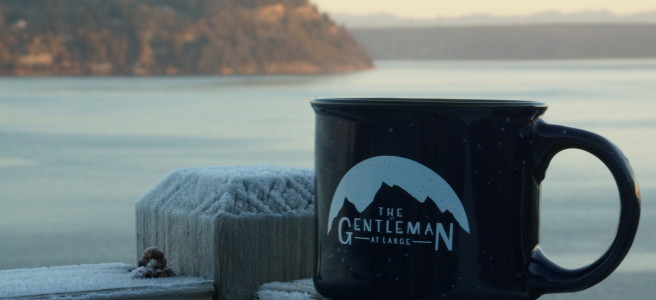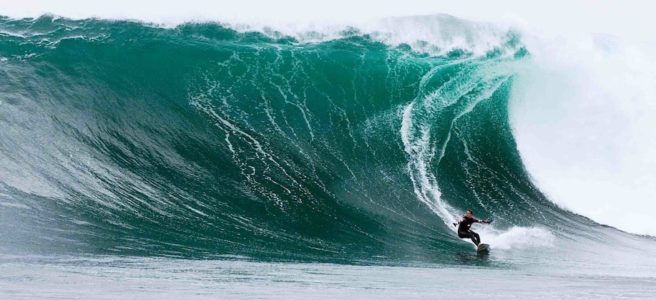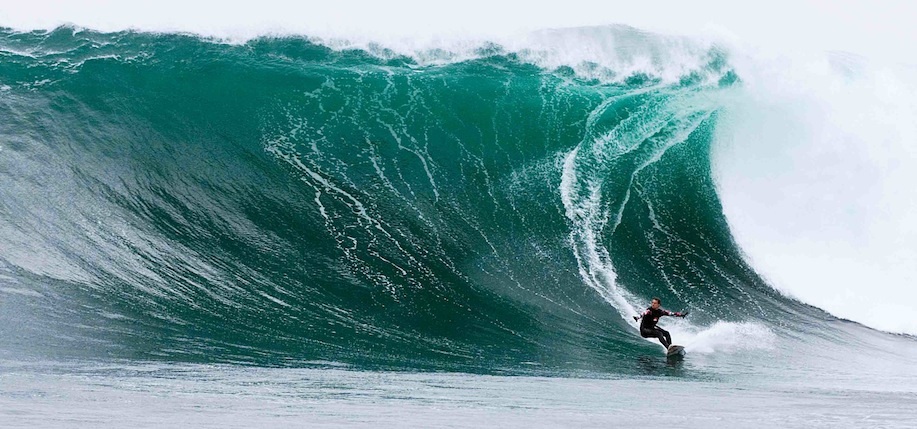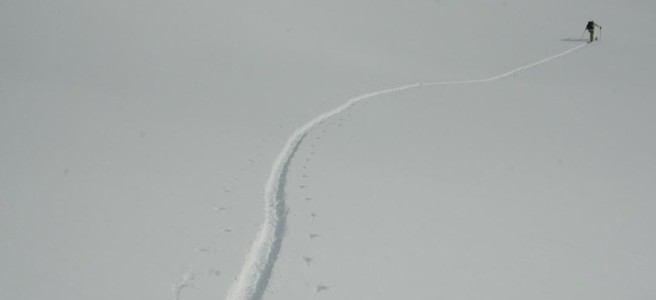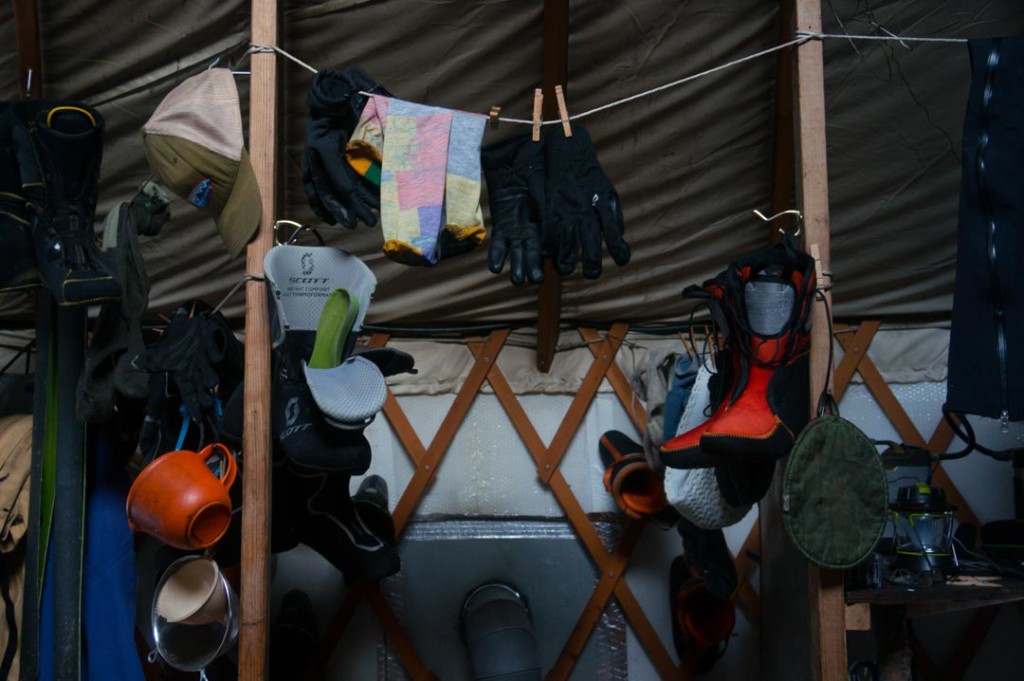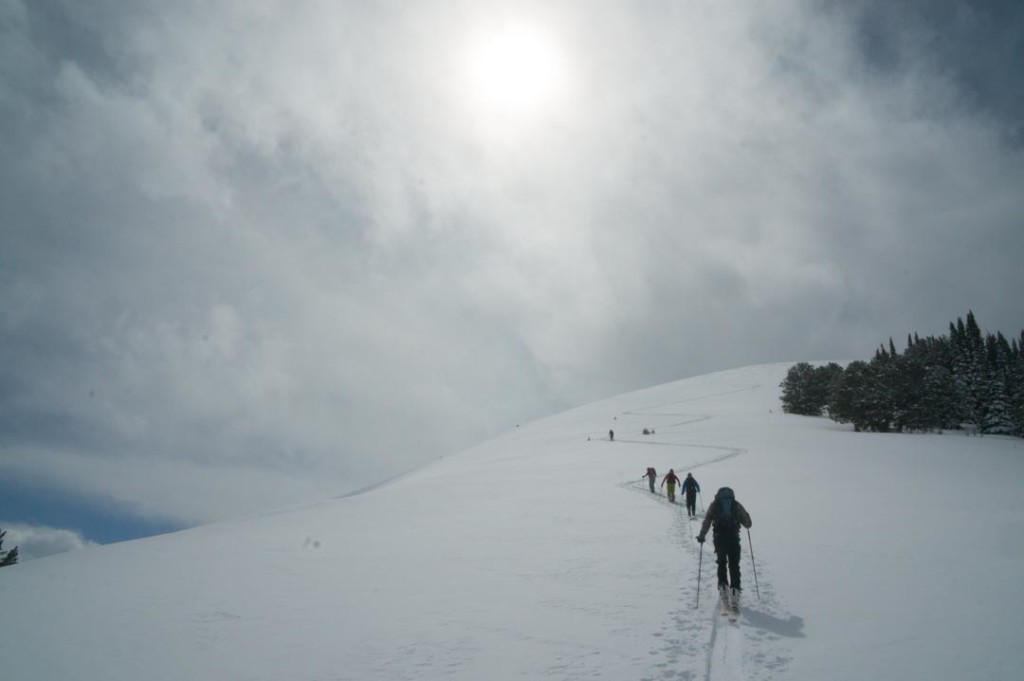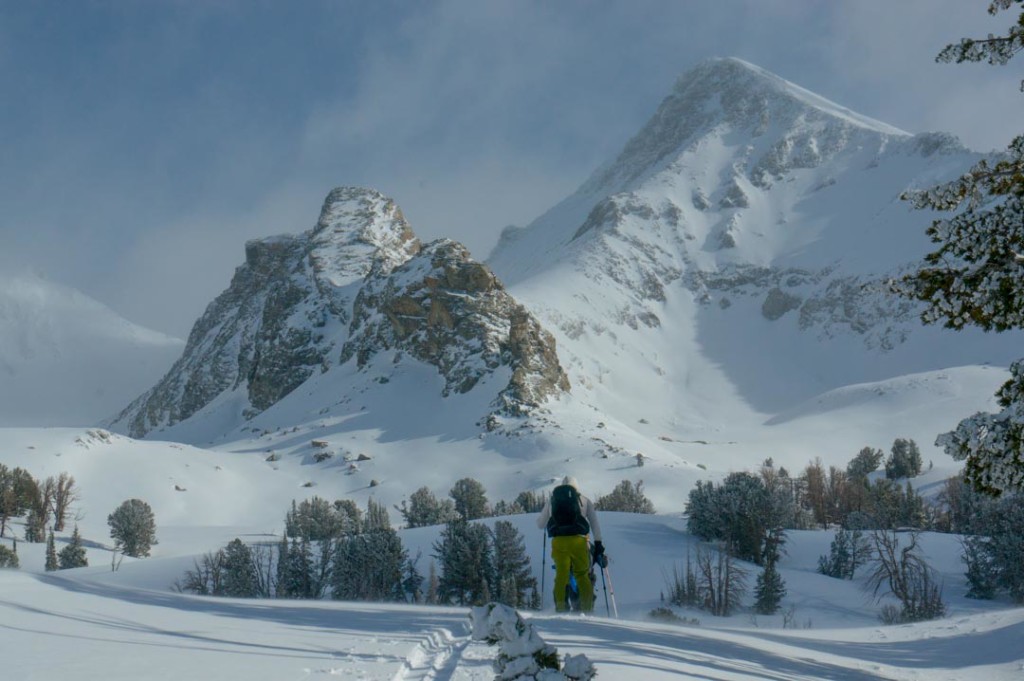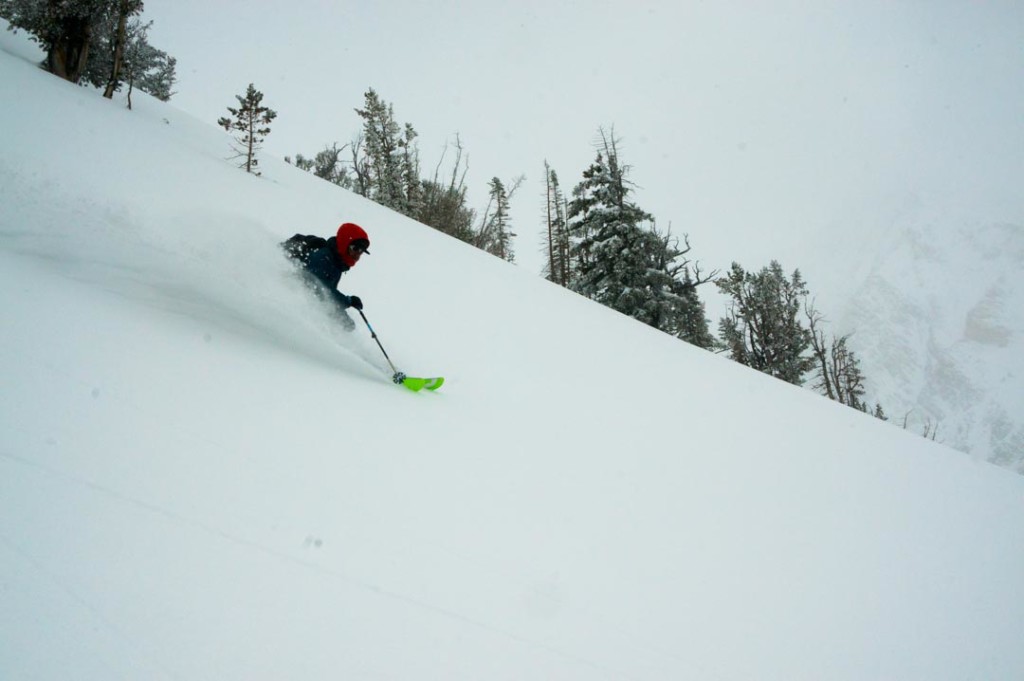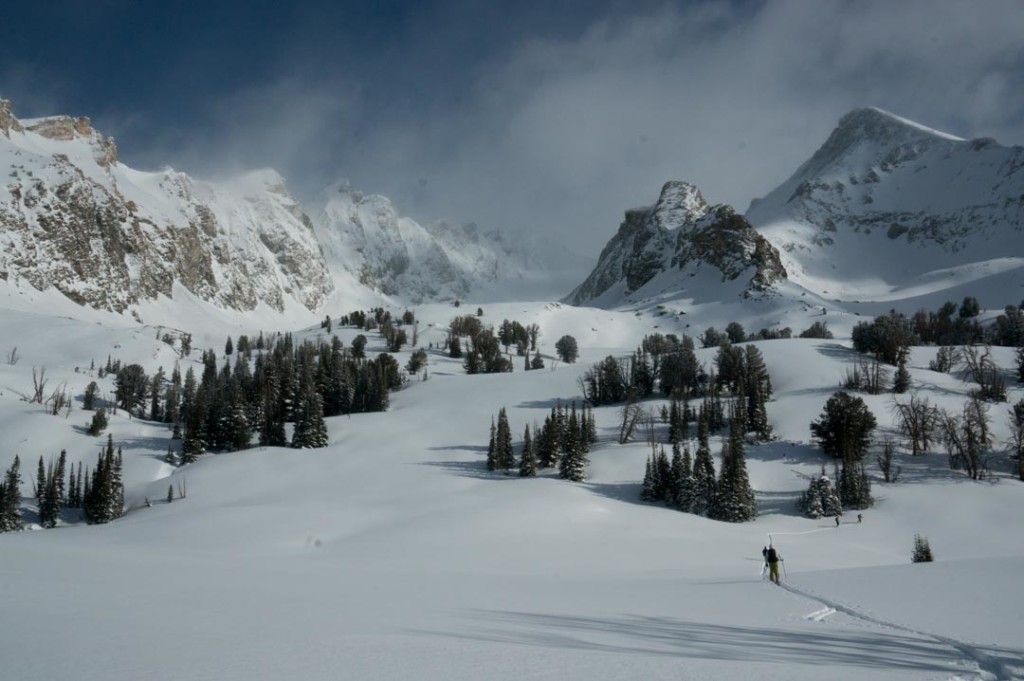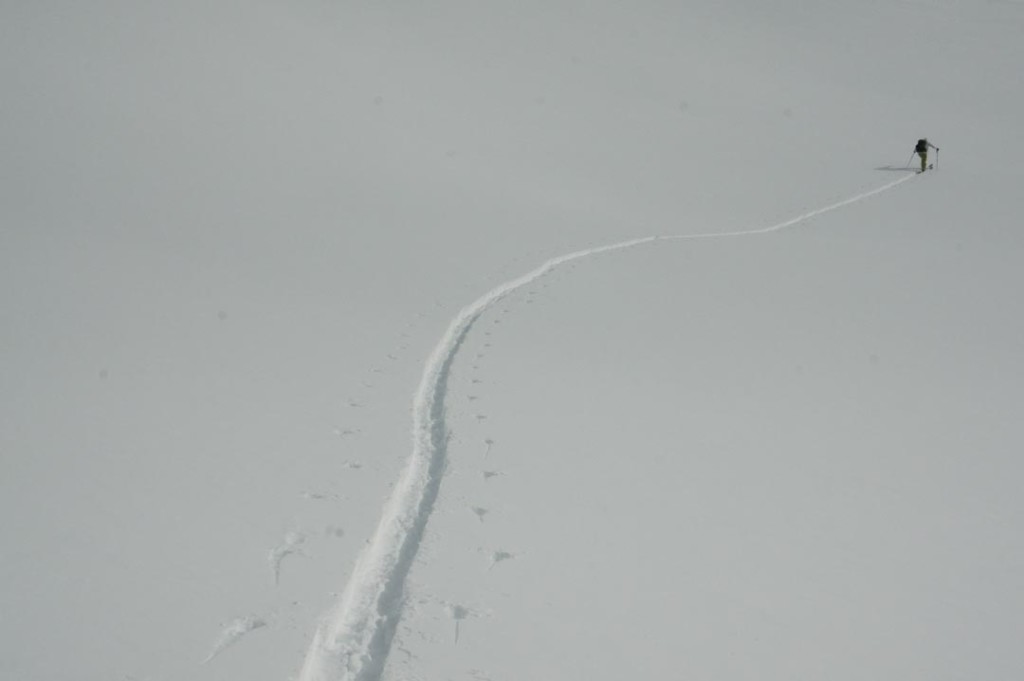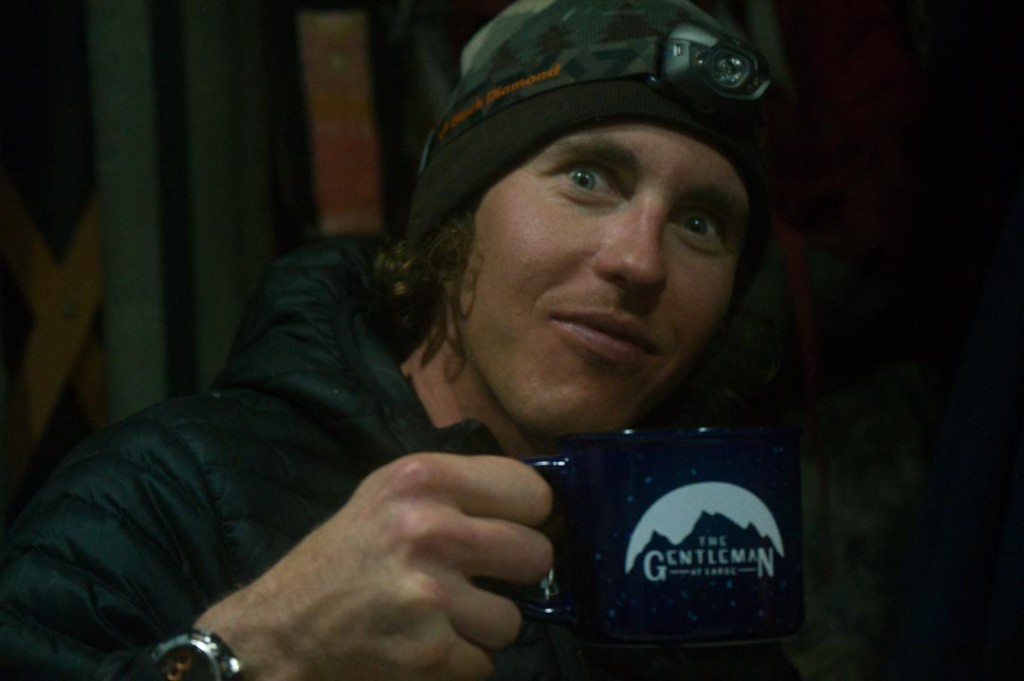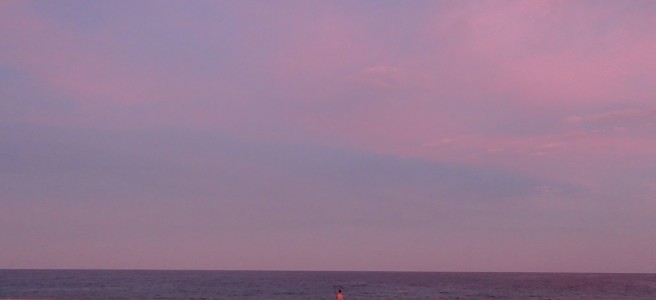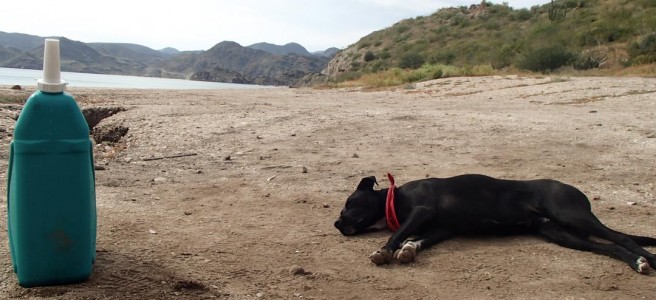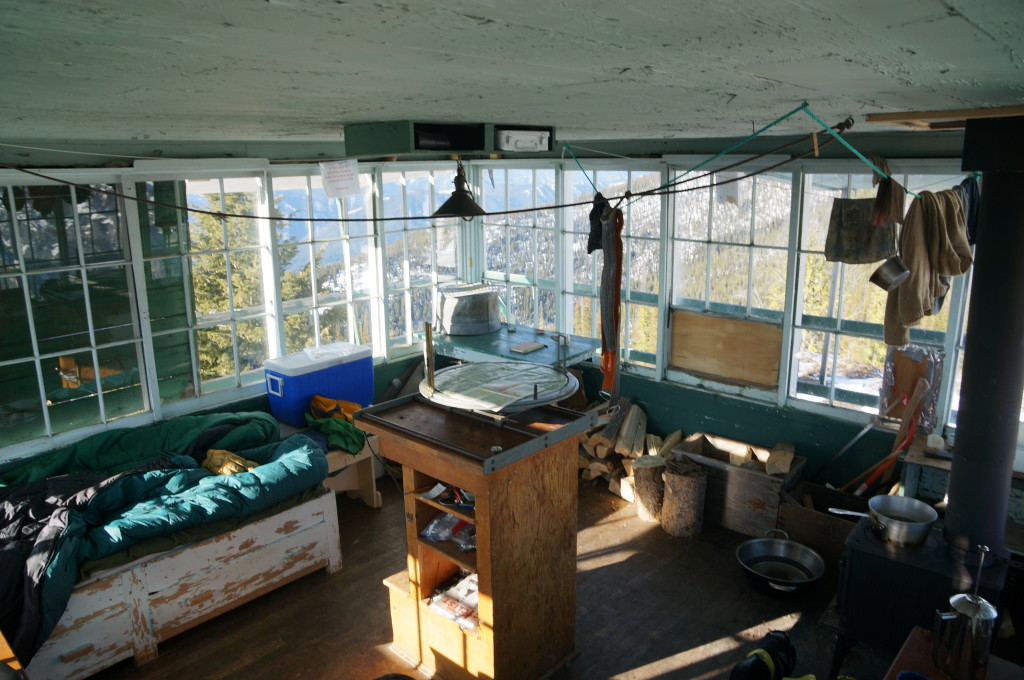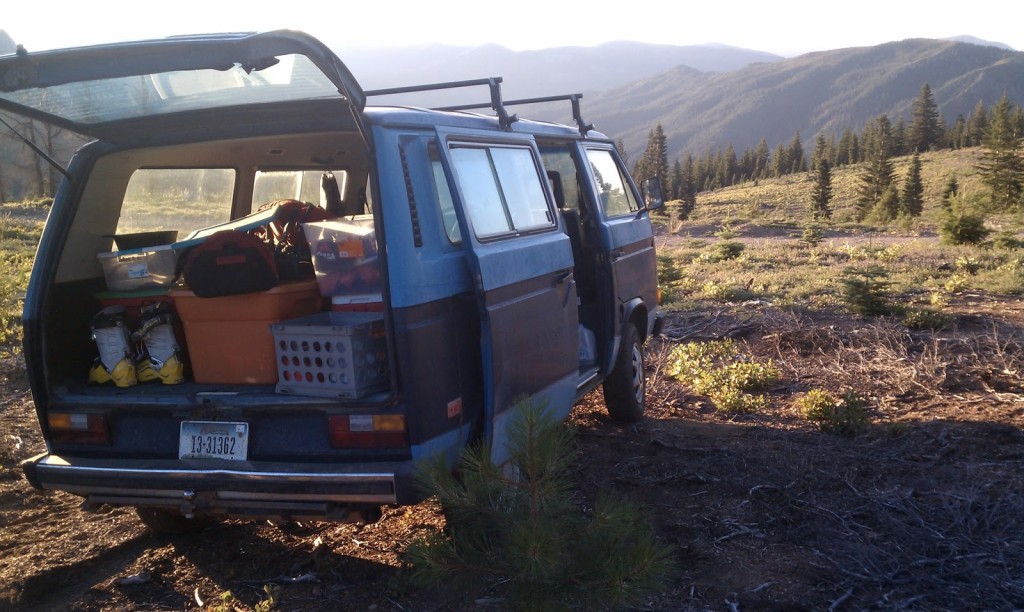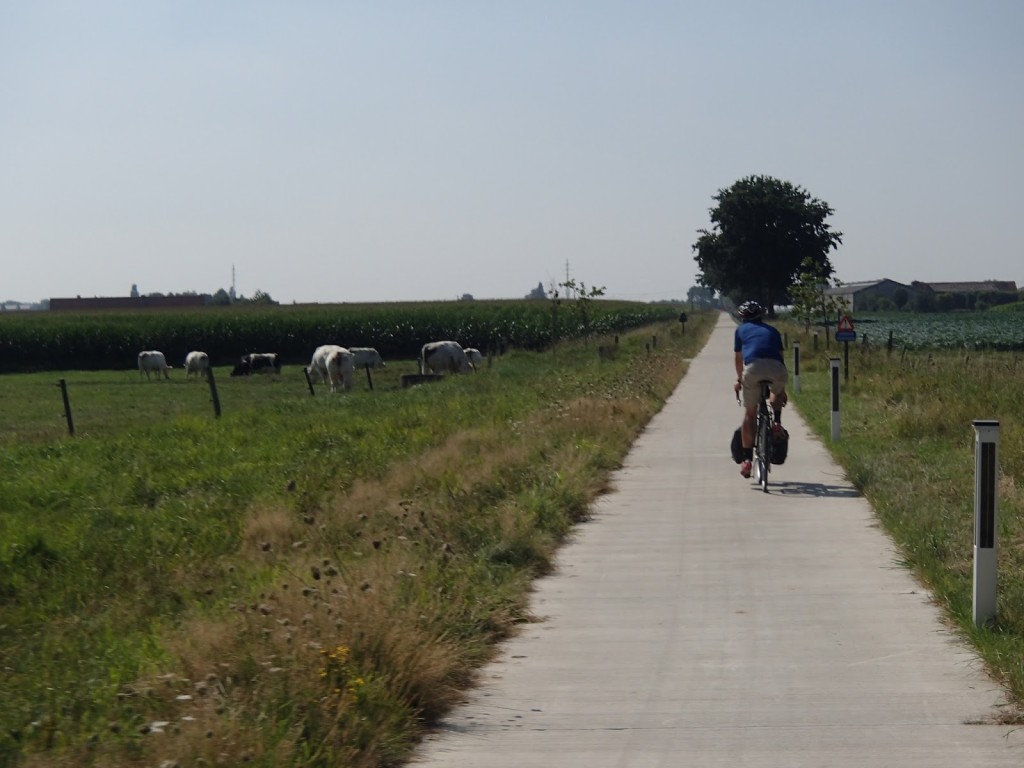I believe that by now it may already be tomorrow, but I can’t be sure. The airplane shades are drawn and I’ve been watching movies for hours. I don’t think we’ll land much before we left, but I do wonder if I can manage to stay awake until yesterday.
Jetlag, I guess, is a way for the universe to punish us for moving too quickly. If we just walked and paddled to Europe our circadian status quo would stay very much in-whack, and we’d probably sleep pretty well at night. That sounds like a long way to walk.
Instead we spend a few hours in the air, teleport halfway around the world, and spend a week trying to remember which way is up. It’s not a new phenomenon, and it’s not like we don’t have options. Everyone’s got their own fool proof home remedy for staying sharp when you skip a few time zones, and here at The Gentleman at Large, we’ve had the opportunity to test a few of them over the years.
Let’s have a look.
The Prophylaxis– It’s the old “get-on-the-timezone-of-the-place-you’re-headed-a-week-early” trick. This well-meaning but essentially useless advice is one of the oldest. “Sure,” they say. “Just start going to bed at noon the week before you fly to Paris. That way you can have a full and energetic day at the Louvre.” What? Instead of working? Or I mean nevermind work have you ever tried to just go to bed at noon? This doesn’t make any sense. Don’t waste your time or your lunch break.
The Happy Fool – This one is out. If there’s one thing we learned in college, it’s that you should never nap in public. This goes for sleeping on planes, too. And sitting all upright? Drooling on yourself? Your back all contorted? It’s as undignified as running in dress shoes. Avoid it. Order a coffee. Grit your teeth. Take advantage of all the free movies they have these days!
The Cannonball Run – I’m working on this one right now. Especially when travelling east, just stay up. This travel day will end around 6pm, and I’ll have been up, if this works, for about 30 hours. I should be able to check in, zonk out, and be ready to roll tomorrow morning, right? Drink lots of coffee, watch lots of movies, and play pranks on all those fools who didn’t get the memo about sleeping in public. Just now I tied four sets of shoelaces together!
The Pill Popper – I have a feeling this is how international business and diplomacy gets done. Pop an Ambien when you take off and a Provigil when it’s time to get going again. Rinse and repeat as necessary. Just be sure that you don’t have any tricky tight connections with the Ambien Groggies, or you’ll probably miss your flight.
The Nightowl – It’s the only real solution. Plan on being jetlagged. Much of southern Europe and Latin America have nightowl cultures. Worried about jetlag? Just head to Spain! I once spent a week in Barcelona and saw daylight for like four hours. Alternatively, bring a long book, Tolstoy or something, and plan on getting some late-night reading done. Worried about missing out on everything while you’re a jetlag zombie? Plan a longer trip!
Like
